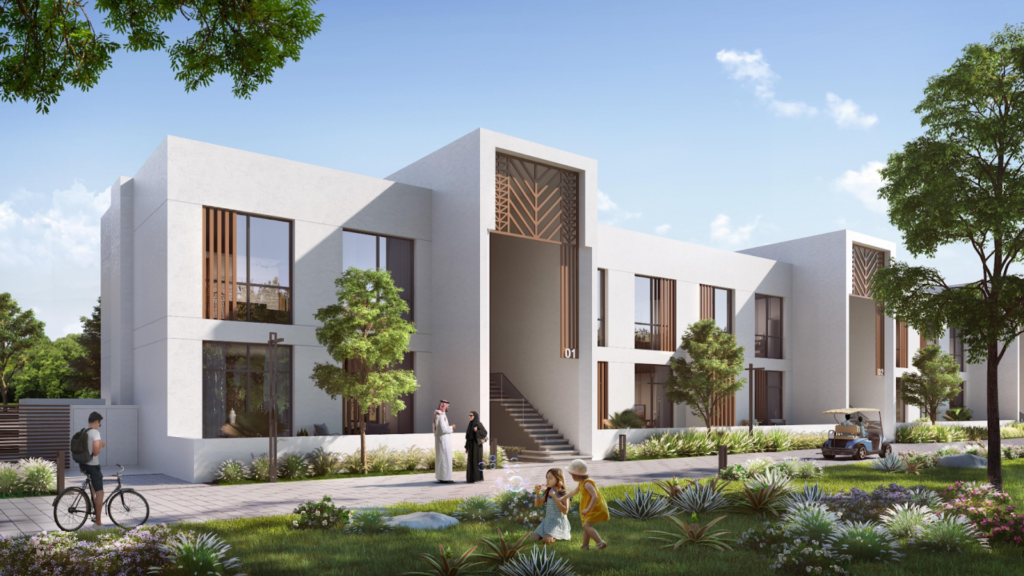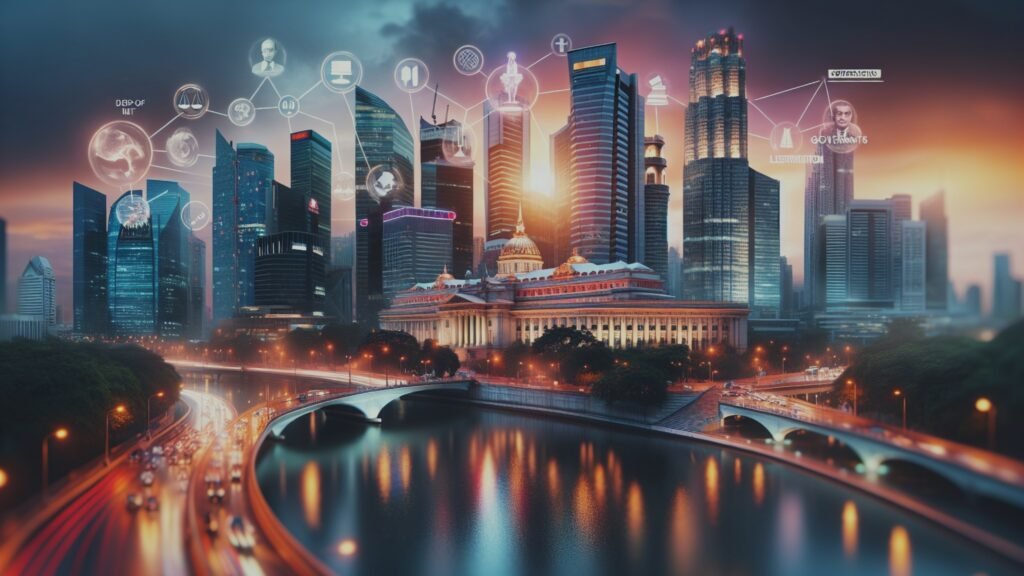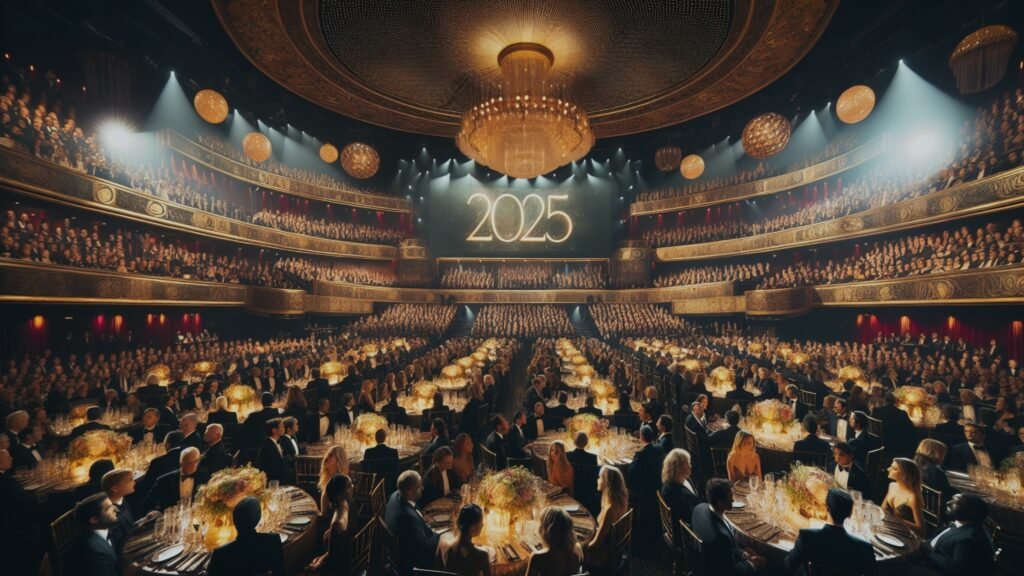Introduction
Abu Dhabi, a global leader in luxury and innovation, is increasingly setting new benchmarks in sustainable development. Beyond its iconic skyscrapers and opulent properties, the emirate is embracing eco-friendly practices that are fundamentally reshaping its high-end real estate landscape. This blog post explores the burgeoning trend of sustainable luxury in Abu Dhabi, delving into the green building trends, innovative technologies, and visionary projects that are harmonizing environmental responsibility with unparalleled opulence.
The Green Shift: Abu Dhabi’s Commitment to Sustainability
Abu Dhabi’s commitment to sustainability is deeply embedded in its long-term vision, exemplified by initiatives like the Abu Dhabi Economic Vision 2030 and the UAE’s Net Zero by 2050 strategic initiative. This commitment extends to the real estate sector, where developers are increasingly adopting green building standards and eco-friendly practices. The goal is to create developments that not only offer luxurious living but also minimize environmental impact and promote a healthier lifestyle.
Green Building Trends in Luxury Properties
The integration of sustainable practices into high-end developments is manifesting in several key green building trends:
1. Energy Efficiency and Renewable Energy Integration
Luxury properties are being designed with a strong emphasis on reducing energy consumption. This includes:
- Optimized Building Envelopes: High-performance insulation, double-glazed windows, and smart shading systems to minimize heat gain and reduce the need for excessive air conditioning.
- LED Lighting and Smart Controls: Energy-efficient LED lighting systems integrated with occupancy sensors and daylight harvesting controls to reduce electricity usage.
- Renewable Energy Sources: Installation of solar panels for electricity generation and solar water heating systems, significantly reducing reliance on conventional energy grids.
2. Water Conservation and Management
Given the arid climate, water conservation is a critical aspect of sustainable luxury. Developments are incorporating:
- Efficient Fixtures: Low-flow faucets, showers, and toilets to reduce water consumption.
- Greywater Recycling Systems: Treating and reusing wastewater for irrigation and non-potable uses.
- Drought-Tolerant Landscaping: Utilizing native and adaptive plant species that require minimal irrigation, often coupled with smart irrigation systems.
3. Sustainable Materials and Construction Practices
Developers are increasingly opting for environmentally responsible materials and construction methods:
- Locally Sourced Materials: Reducing the carbon footprint associated with transportation.
- Recycled Content Materials: Utilizing materials with recycled content, such as recycled steel, aluminum, and glass.
- Low-VOC Materials: Using paints, adhesives, and finishes with low volatile organic compounds to improve indoor air quality.
- Waste Management: Implementing comprehensive waste management plans during construction to minimize landfill waste through recycling and reuse.
4. Biophilic Design and Green Spaces
Biophilic design, which integrates natural elements and processes into the built environment, is becoming a hallmark of sustainable luxury. This includes:
- Extensive Green Spaces: Lush gardens, parks, and vertical green walls that enhance biodiversity and provide recreational areas.
- Natural Ventilation and Lighting: Maximizing natural airflow and daylight to reduce reliance on artificial systems.
- Indoor Plants and Green Walls: Bringing nature indoors to improve air quality, reduce stress, and enhance aesthetic appeal.
5. Smart Home Technology for Sustainability
Advanced smart home systems are playing a crucial role in promoting sustainable living. These systems allow residents to monitor and control energy and water consumption, optimize climate control, and manage lighting, leading to more efficient resource use.
Pioneering Sustainable Luxury Developments in Abu Dhabi
Abu Dhabi is home to several groundbreaking projects that exemplify the integration of sustainable practices with luxury living:
- Masdar City: A pioneering sustainable urban development, Masdar City is a living laboratory for sustainable technologies and practices. While not exclusively luxury, its principles influence high-end developments across the emirate.
- Saadiyat Lagoons: This residential community on Saadiyat Island is designed with sustainability at its core, featuring eco-friendly homes, extensive green spaces, and a focus on preserving the natural environment.
- Fahid Island: A new development emphasizing wellness and sustainable living, Fahid Island aims for triple wellness certifications (Fitwel, LEED, Estidama), showcasing a commitment to healthy and eco-conscious luxury homes.
- The Sustainable City – Yas Island: This project is a fully sustainable community designed to reduce carbon footprint, conserve resources, and promote a healthy lifestyle, offering villas and townhouses with eco-friendly features.
The Future of Sustainable Luxury in Abu Dhabi
The future of luxury real estate in Abu Dhabi is undeniably green. We can expect:
- Stricter Green Building Regulations: Further enhancements in building codes and regulations to mandate higher sustainability standards.
- Increased Investor and Buyer Demand: A growing preference among discerning buyers for properties that offer both luxury and environmental responsibility.
- Technological Advancements: Continued innovation in sustainable building materials, renewable energy solutions, and smart home technologies.
- Holistic Community Planning: Developments that integrate sustainable infrastructure, green mobility options, and community-based environmental programs.
Conclusion
Abu Dhabi is at the forefront of a global movement towards sustainable luxury, demonstrating that opulence and environmental responsibility can coexist harmoniously. The emirate’s high-end developments are increasingly incorporating eco-friendly practices, green building trends, and innovative technologies to create homes that are not only aesthetically stunning but also environmentally conscious. This commitment to sustainable luxury is not just a trend; it’s a fundamental shift that is shaping the future of real estate in Abu Dhabi, offering a compelling vision of a prosperous and sustainable urban landscape.



